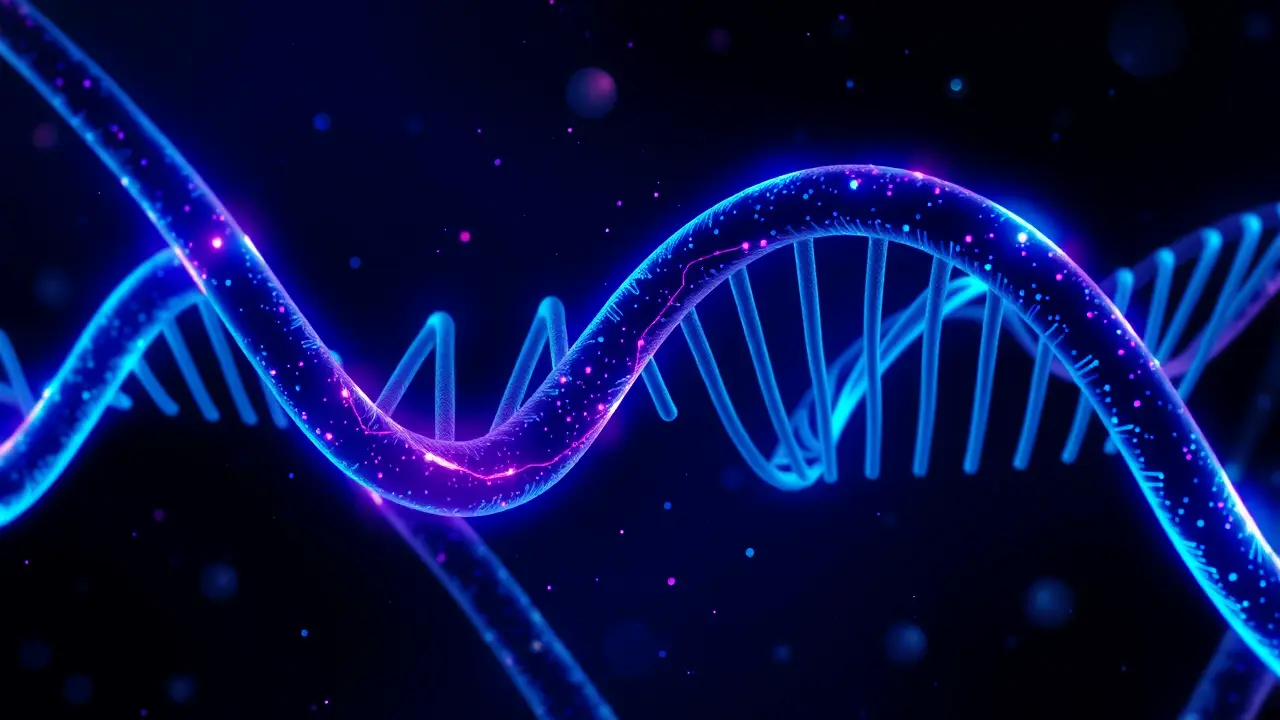
Scienceneuroscience
A simple DNA test could reveal the right antidepressant for you
KE
Kevin White
8 hours ago7 min read1 comments
For the millions navigating the labyrinthine journey of depression and anxiety, where the standard trial-and-error approach to antidepressants can feel like a cruel and protracted guessing game, a groundbreaking development emerging from a European consortium of scientists in Sweden, Denmark, and Germany promises a more precise path forward. They are pioneering a genetic test, leveraging the power of polygenic risk scores, to analyze an individual's DNA for specific variations linked not only to mental health predispositions but, more critically, to their unique metabolic and neurological response to pharmaceuticals.This isn't merely personalized medicine; it's a paradigm shift from the one-size-fits-all model that has dominated psychiatry for decades, a field where finding the right medication is often a matter of enduring debilitating side effects for weeks only to discover inefficacy. The science hinges on polygenic risk scores, a sophisticated algorithm that aggregates the minuscule contributions of thousands of genetic variants across the genome, creating a composite risk profile.In this application, the score is tuned to predict how a patient will process and respond to specific SSRIs, SNRIs, or other classes of antidepressants, effectively offering a biological roadmap to the most viable treatment option from the outset. Imagine the clinical impact: instead of a patient cycling through multiple medications over months or even years, a simple cheek swab could provide their physician with data-driven guidance, drastically reducing the suffering and lost time that accompanies ineffective treatments.This approach mirrors the precision oncology model, where tumor genetics dictate chemotherapy choices, now being applied to the complex neurochemistry of the brain. The implications are staggering for public health systems burdened by long wait times and high costs associated with repeated consultations and medication switches.However, the path to clinical implementation is paved with challenges, including ensuring the genetic databases used are ethnically diverse to avoid biased algorithms, navigating the rigorous regulatory hurdles for diagnostic tools, and addressing profound ethical questions about genetic data privacy in the context of mental health. Furthermore, while genetics are a powerful piece of the puzzle, they are not the entire picture; environmental factors, trauma, lifestyle, and the therapeutic alliance remain crucial components of recovery. Yet, the work of these Scandinavian and German researchers represents a monumental leap toward a future where the treatment of depression is not an art of educated guesses but a science of predictable, personalized intervention, turning the daunting search for relief into a targeted, efficient, and ultimately more humane process.
#featured
#DNA test
#antidepressants
#mental health
#polygenic risk scores
#personalized medicine
#depression treatment
Stay Informed. Act Smarter.
Get weekly highlights, major headlines, and expert insights — then put your knowledge to work in our live prediction markets.
Related News
© 2025 Outpoll Service LTD. All rights reserved.
